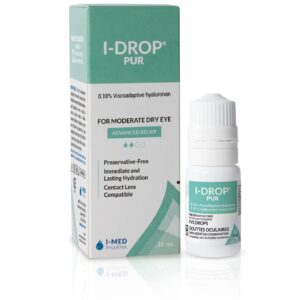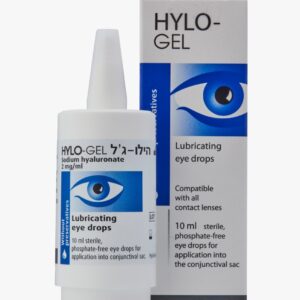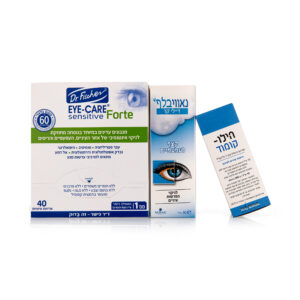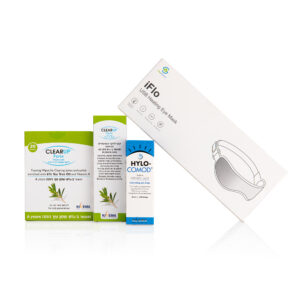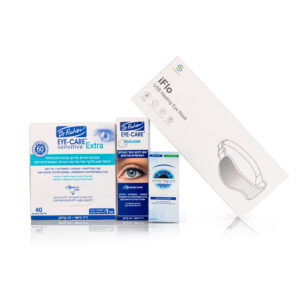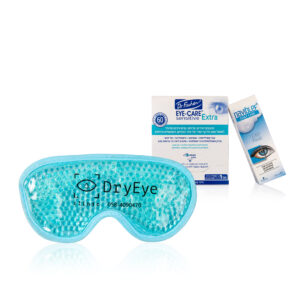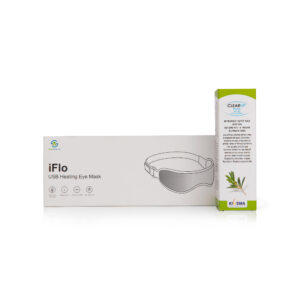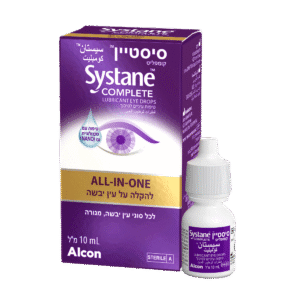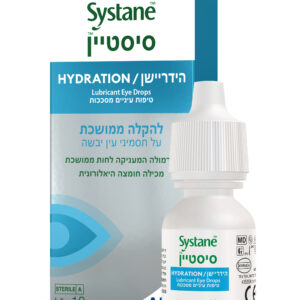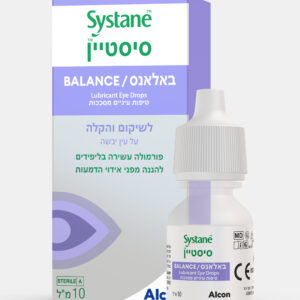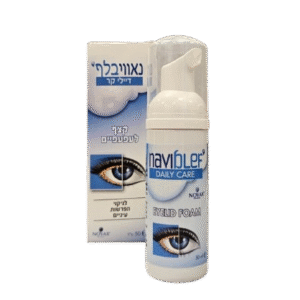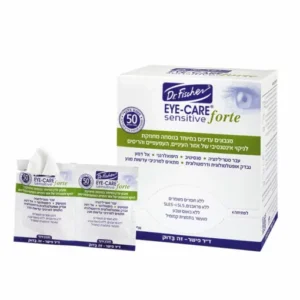
טיפות דמעות – מה זה ולמה משתמשים בהן?
טיפות דמעות הן תמיסות רפואיות או קוסמטיות שמטרתן להקל על
Eye inflammation can affect different parts of the eye. The specific name of the condition often corresponds to the part of the eye that is affected. The eye has a complex structure that includes various parts including the cornea, the uvea (including the iris, the ciliary body, and the pupil), the sclera (the white of the eye), the conjunctiva, and the retina. An eye infection in any of these parts can lead to discomfort, blurred vision, redness and other problems, which can be serious if left untreated. Understanding the types, causes and treatments for eye inflammation is essential in managing these conditions and preserving vision.
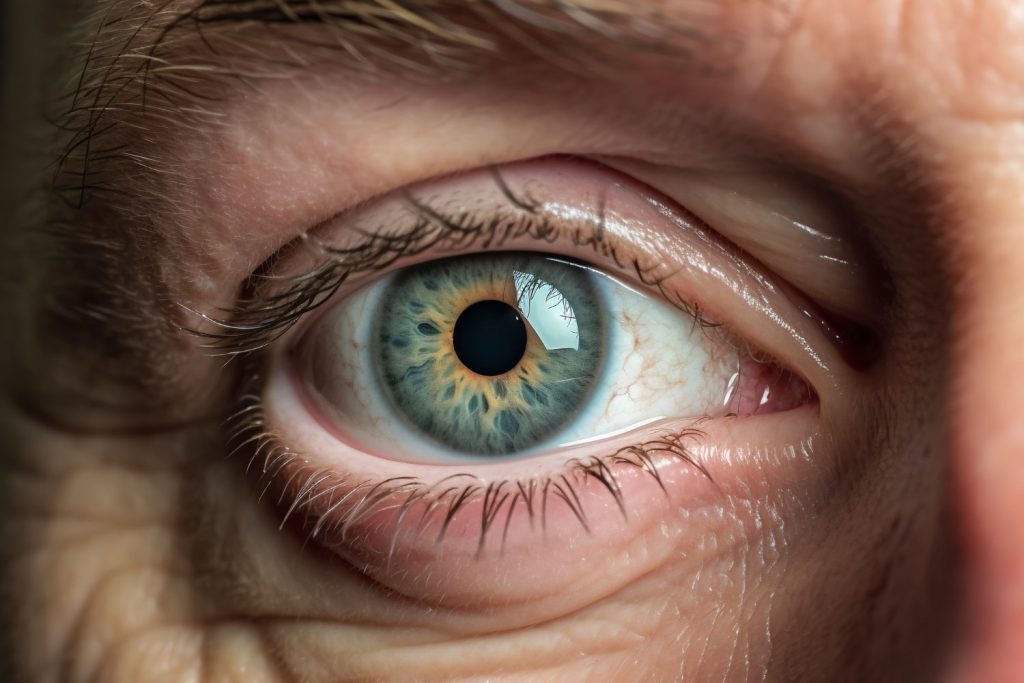
1. Conjunctivitis: also known as pink eye, involves the conjunctiva which is the transparent membrane that covers the eyelid from the inside and covers the white part of the eyeball. Symptoms can include redness, itching, burning, discharge and discomfort in the eye.
2. Keratitis: This is an inflammation of the cornea, the transparent dome-shaped part in the front of the eye. Keratitis can cause symptoms such as pain, redness, blurred vision and discomfort.
3. Uveitis : involves inflammation of the uvea. Symptoms may include pain, redness, sensitivity to light, blurred vision, and floaters in the field of vision.
4. Scleritis: This is a severe inflammation of the sclera, the white outer coating of the eye. Scleritis can cause severe pain, redness and sensitivity to touch.
5. Retinitis: inflammation of the layer at the back of the eye responsible for sensing light and sending signals to the brain. Retinitis can lead to vision problems and even vision loss.
The causes of eye inflammation can be infections, allergies, systemic diseases, chemical injuries or autoimmune disorders.
An allergy can cause conjunctivitis, which appears with itching, redness, tearing and discomfort.
Infections can be viral (such as herpes simplex or zoster), bacterial (such as staphylococcus or streptococcus), or fungal (such as candida or aspergillus). They can affect different parts of the eye and cause conditions such as conjunctivitis or keratitis.
Systemic diseases such as rheumatoid arthritis, lupus or inflammatory bowel diseases can also cause eye inflammation as a secondary symptom. For example, uveitis is commonly seen in people with such conditions.
Chemical injuries to the eye as a result of exposure to substances such as acids or bases can cause severe inflammation.
Finally, autoimmune disorders, where the body's immune system mistakenly attacks its own tissues, can cause conditions such as scleritis or uveitis.
The treatment depends on the cause and type of inflammation.
In cases of allergy, treatment usually includes steroid drops for immediate relief in combination with antihistamine drops and preservative-free tear substitutes.
In cases of infection, doctors usually prescribe anti-infective drugs. These can be antiviral, antibacterial or antifungal drugs, depending on the source of the infection.
Inflammation caused by systemic diseases or autoimmune disorders may require systemic treatment, which may include immunosuppressive drugs or biological therapies.
For chemical injuries, immediate flushing of the eye is essential, followed by professional eye care.
Corticosteroids are often used to reduce inflammation in the eye, but they should be used under close supervision because they can have side effects and risks. Non-steroidal anti-inflammatory drugs can also be used.
In severe cases where the inflammation does not respond to drug treatment, surgical interventions may be necessary.
In conclusion, early diagnosis and appropriate treatment of eye inflammation are essential to prevent possible complications, including vision loss. Regular eye exams, especially for those with systemic diseases or autoimmune disorders, can help with early detection and management. If you experience sudden changes in your vision, or symptoms such as redness, pain or discomfort, it is important to seek medical advice immediately.
The author of the article: Dr. Yael Sharon
Website: www.yaelsharon.com

טיפות דמעות הן תמיסות רפואיות או קוסמטיות שמטרתן להקל על
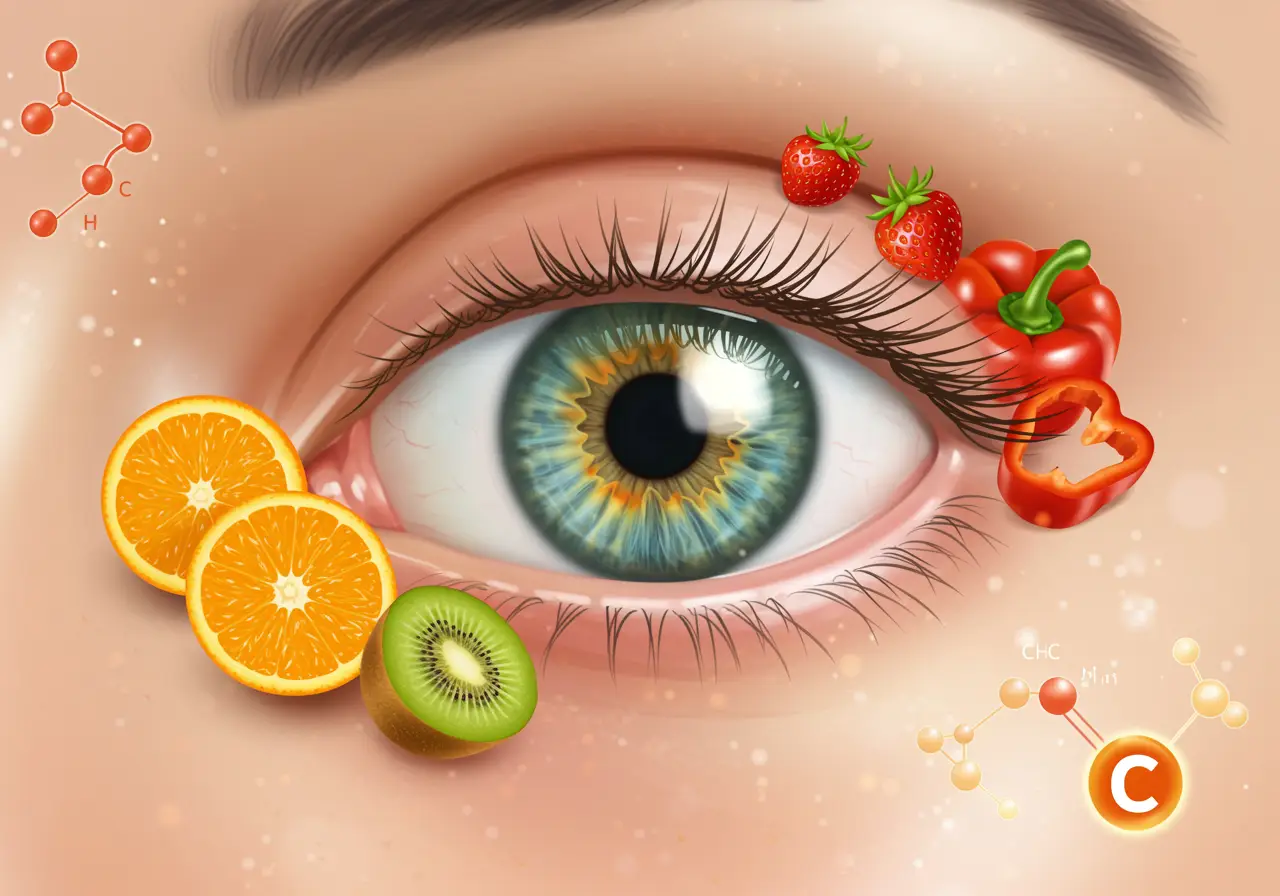
ויטמין C הוא אחד הוויטמינים החיוניים ביותר לבריאות העיניים, הודות

מרכז מומחים לאבחון וטיפול מתקדם בתסמונת העין היבשה ומחלות פני שטח העין
